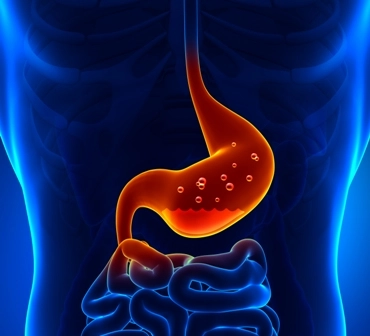
Don’t forget to document other treatments on manometry, pH study claims.
When your gastroenterologist suspects that a patient may have gastroesophageal reflux disease (GERD), a trial of reflux medication or an endoscopy will usually confirm the condition. If normal methods don’t work, the gastroenterologist may choose to perform an esophageal manometry and/or a pH monitoring to check for GERD in the patient.
Coding for these advanced GERD tests not only requires CPT® knowledge; you also have to know who owns the equipment you’re using and whether your payer will want a modifier on the claim.
Follow us for some expert advice on coding in several GERD-testing scenarios.
Manometry Only? Use 91010 -- Usually
If a patient reports to your office with symptoms that could indicate GERD but doesn’t have typical endoscopy findings or improvement with acid-suppression medication, the gastroenterologist may try other testing methods to determine the patient’s condition.
Exceptions: You’ll report most manometric studies with 91010 (Esophageal motility [manometric study of the esophagus and/or gastroesophageal junction] study with interpretation and report), but there are separate CPT® codes for special manometries. If your physician performs a manometry with a stimulant or acid perfusion, report +91013 (Esophageal motility [manometric study of the esophagus and/or gastroesophageal junction] study with interpretation and report; with stimulation or perfusion [eg, stimulant, acid or alkali perfusion] [List separately in addition to code for primary procedure]) in addition to 91010.
Choose 91034 for pH Monitoring
Your gastroenterologist might not choose a manometric study to check for GERD; in some instances, the physician opts for pH monitoring instead.
Heads-up: Regardless of how long the study takes, you should code all catheter pH monitoring sessions with 91034 (Esophagus, gastroesophageal reflux test; with nasal catheter pH electrode[s] placement, recording, analysis and interpretation).
For example, a patient reports for a pH study to identify the cause of esophagitis symptoms which aren’t responding to standard acid blocker medications. The gastroenterologist performs a seven-hour pH monitoring session. On the claim, you should:
Both Tests in Same Session Possible
In certain instances, performing a manometry and pH study during the same patient encounter makes sense. When the gastroenterologist performs both tests in the same session, report 91010 for the manometry and 91034 for the pH monitoring. There are not any Correct Coding Initiative (CCI) edits that should preclude you from reporting these services together.
Observe Modifier 26, TC Exceptions
When reporting either 91010 or 91034, you must remember that you cannot get paid for the entire code unless your office owns the equipment. If your gastroenterologist is using another facility’s equipment to perform the manometry you should attach modifier 26 (Professional component) to the CPT® code for the physician interpretation and report service; the facility bills the technical component (TC).
